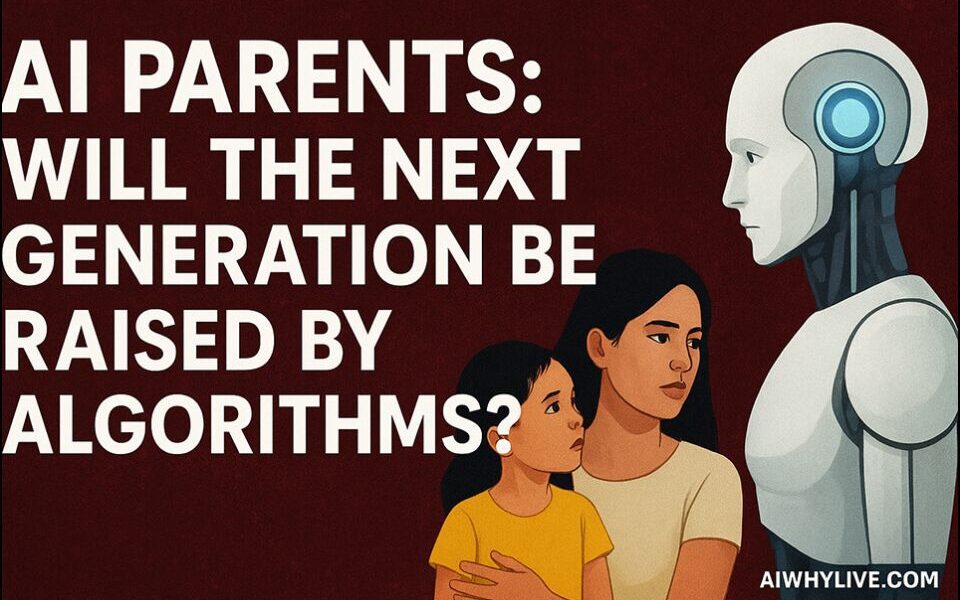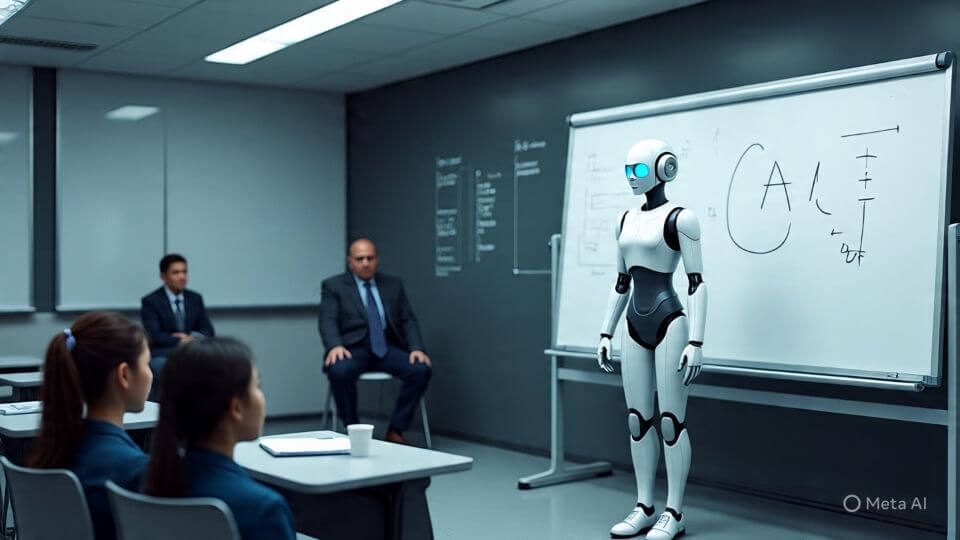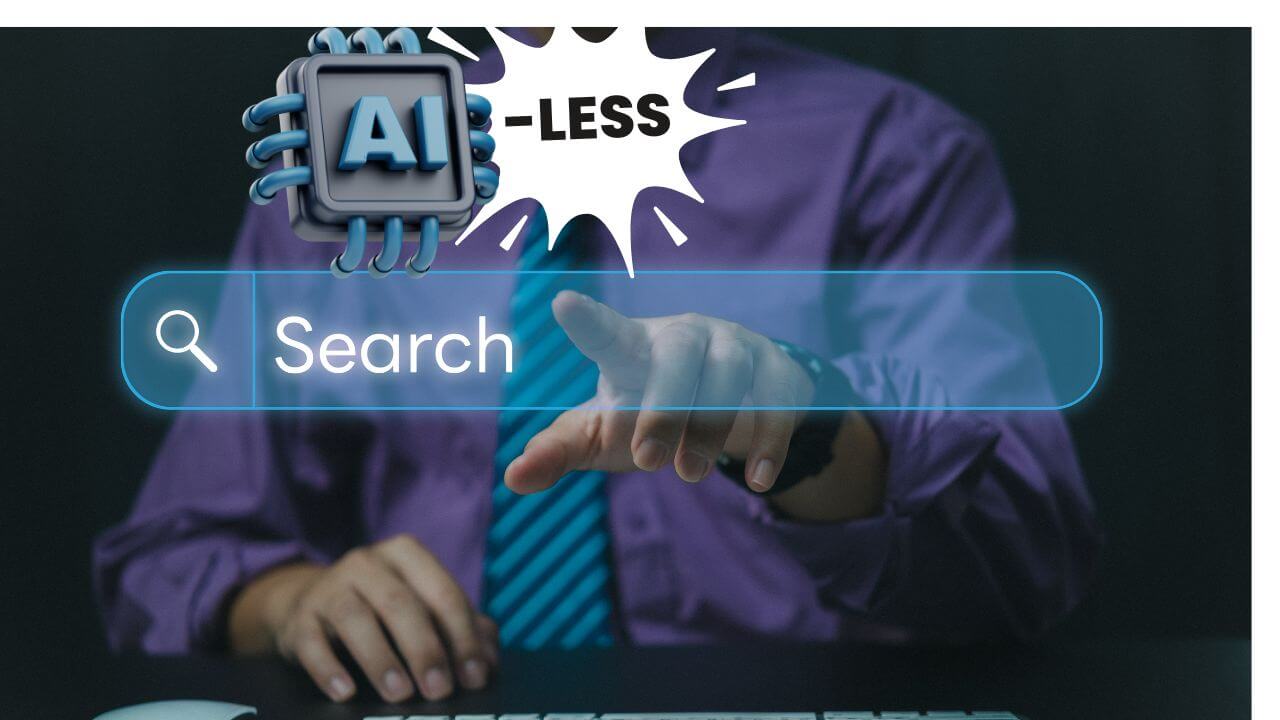Parenting has always been one of the toughest jobs in the world. But in 2025, a strange new question is starting to trend on TikTok, X, and even Filipino family group chats: Will AI raise our kids better than we can?
The Rise of the “AI Yaya”
From ChatGPT to Claude to Gemini, artificial intelligence is no longer just answering emails or helping professionals draft reports. Parents around the world—including here in the Philippines—are quietly using AI as an extra pair of hands.
Need help with homework? AI explains algebra in seconds. Bedtime story? AI can spin a personalized fairy tale in Tagalog, Bisaya, or English. Too tired to answer endless “why” questions from your 6-year-old? AI never runs out of patience.
For overseas Filipino workers (OFWs), who often rely on relatives or yayas to look after kids, the idea of an “AI tutor” or “AI babysitter” feels like a tempting option. Always available, always polite, and never asking for overtime pay.
The Benefits Parents Can’t Ignore
- Affordable tutoring: AI is cheaper than traditional tutors, making learning accessible to more families.
- 24/7 availability: Kids can get instant answers at any time.
- Personalization: AI can adjust explanations to a child’s level of understanding, or even gamify lessons.
It sounds like a dream solution for busy households—especially in a country where balancing work, school, and family is often a daily struggle.
But What About the Risks?
Here’s where the debate gets emotional. While AI is consistent and patient, it lacks something vital: human warmth.
Children don’t just need correct answers. They need empathy, facial expressions, laughter, discipline, and love—things no chatbot can authentically give. Over-reliance on AI might create what some experts fear: a “cold generation,” emotionally attached to screens more than people.
And then comes data privacy. What happens to the endless questions your child asks? Who owns those conversations?
The Filipino Dilemma: Help or Replacement?
Filipinos are known for strong family ties. But just as some young people are questioning traditional paths—like in our feature Is College Still Worth It?—others are now questioning parenting itself.
If Gen Z can trust AI with homework, career advice, or even emotional companionship, could the next logical step be trusting it with raising a child?
We already saw in Best Man, Maybe AI? how technology is replacing once “irreplaceable” human roles. But a wedding speech is one thing—parenthood is another.
Would Filipinos accept an AI as part of the household, just like a trusted yaya? Or will it remain a useful but distant assistant, never fully crossing that sacred line?
The Big Question
In the end, the debate isn’t really about whether AI can raise children. The technology is already capable of teaching, storytelling, and entertaining.
The real question for Filipino families is: Should we let it?
Will AI be just a helping hand—or will it one day become the co-parent of an entire generation?







